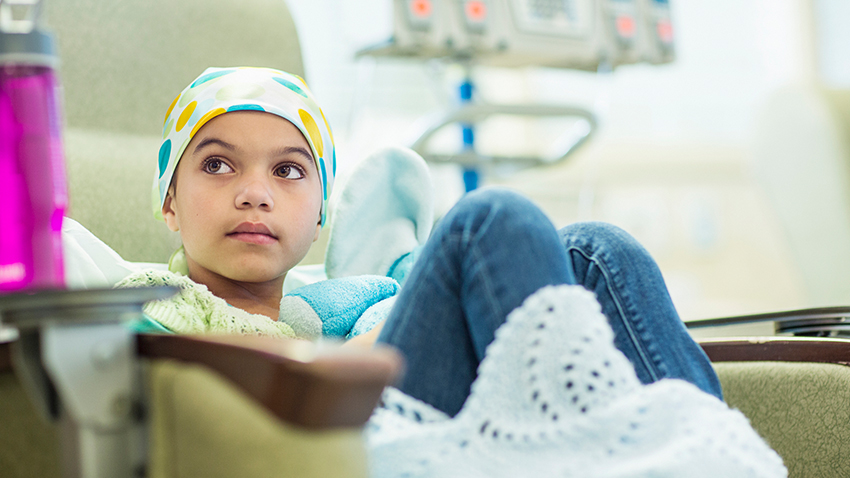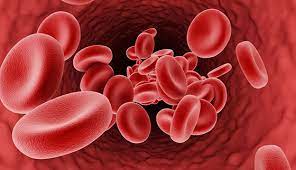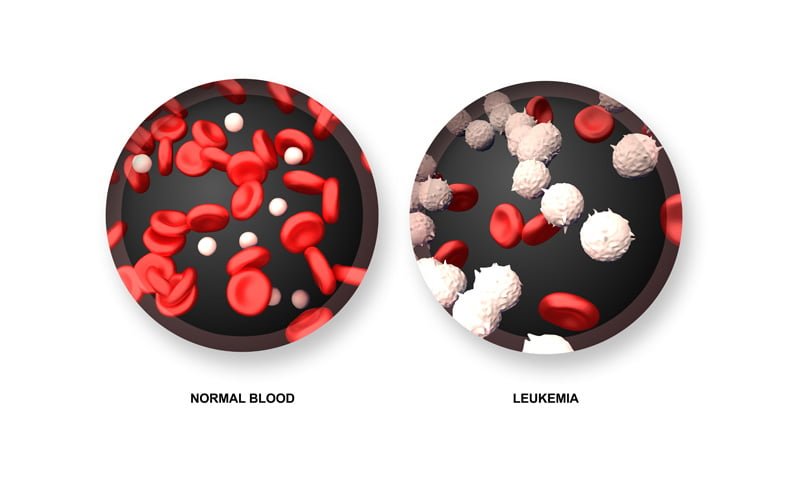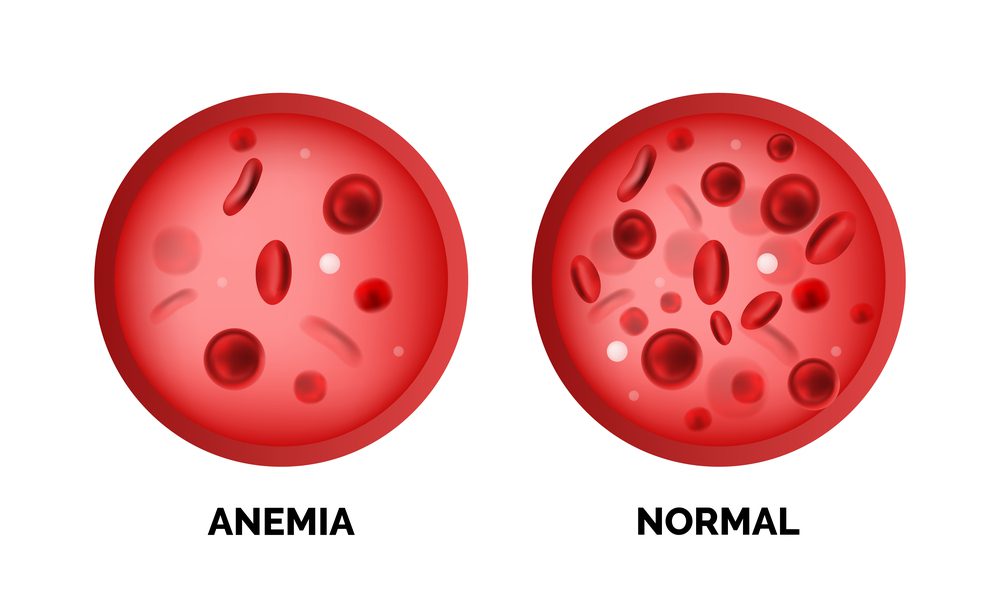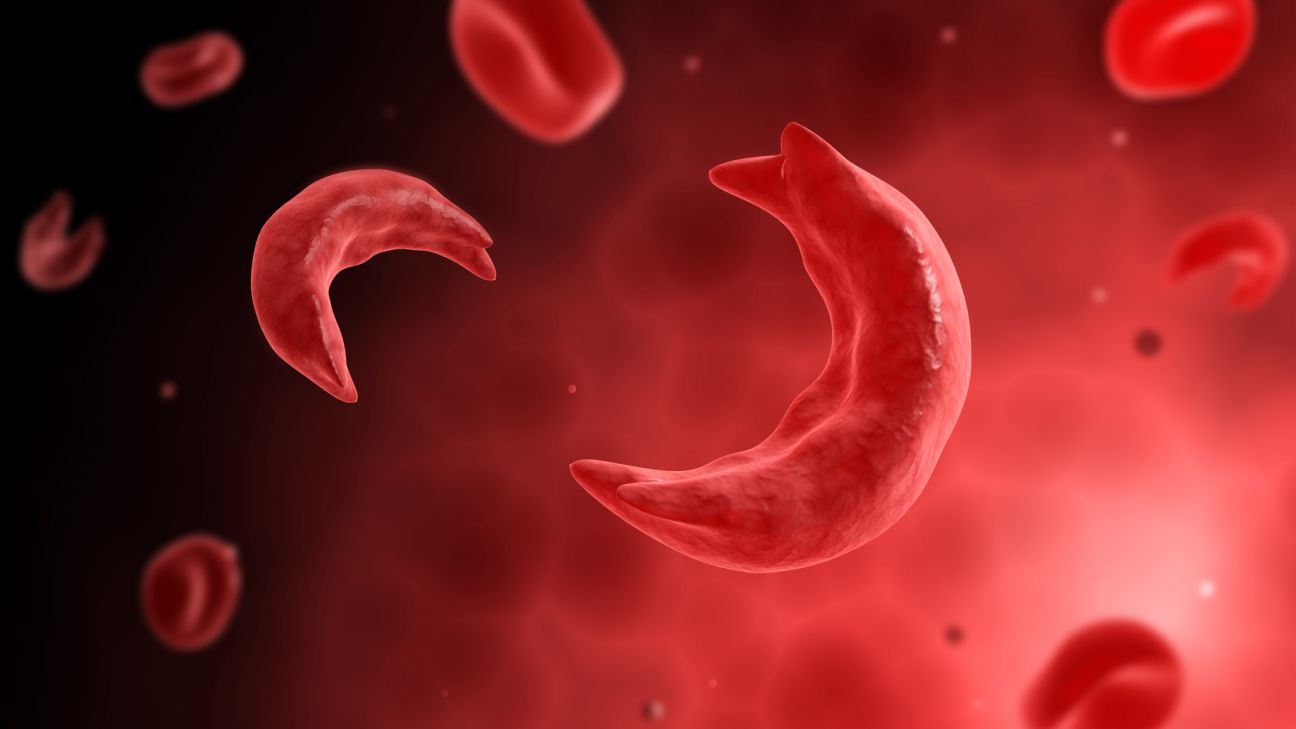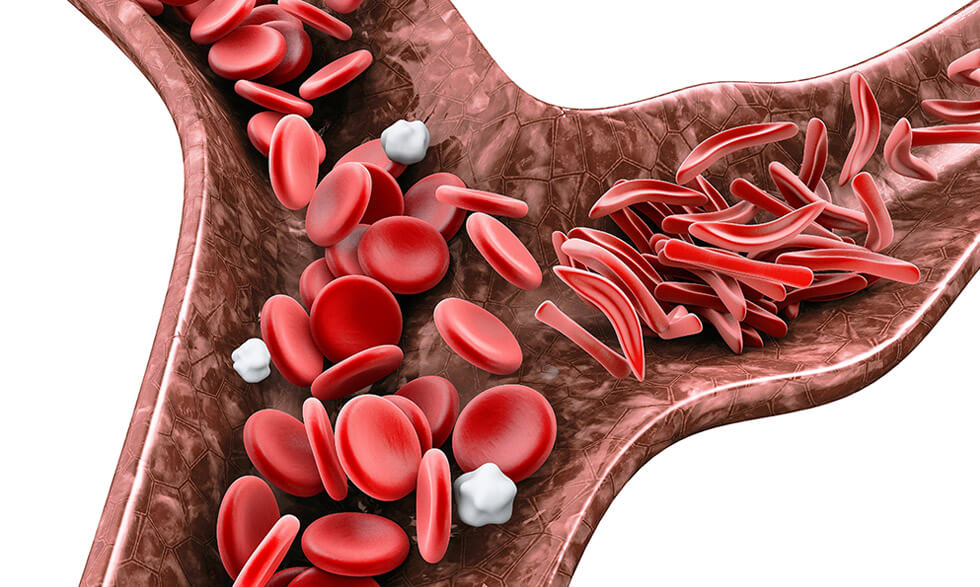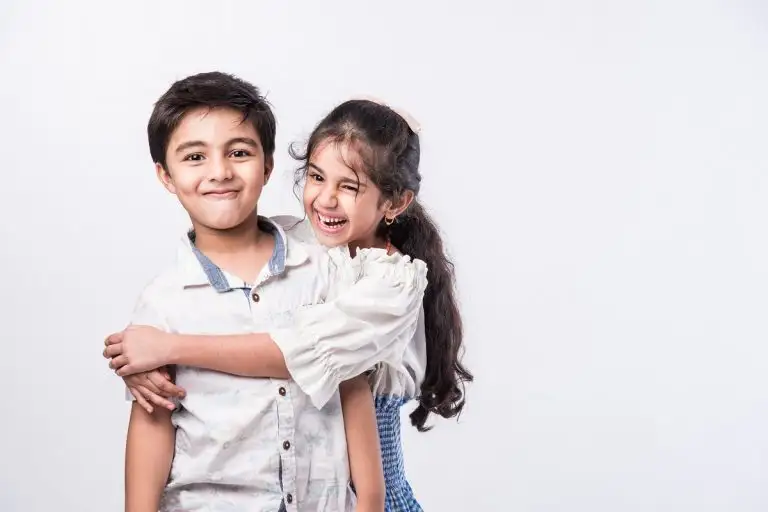
(Pediatric Hemato-Oncologist and BMT Expert)
MBBS, MD (Pediatrics), FNB (Paediatric Haematology Oncology)
Fellowship in Pediatric BMT (NUH, Singapore)
20+ Years Experience

We’re Committed to provide Care that is Innovative and Compassionate to treat Children with Cancer and Blood Disorders.
Book Now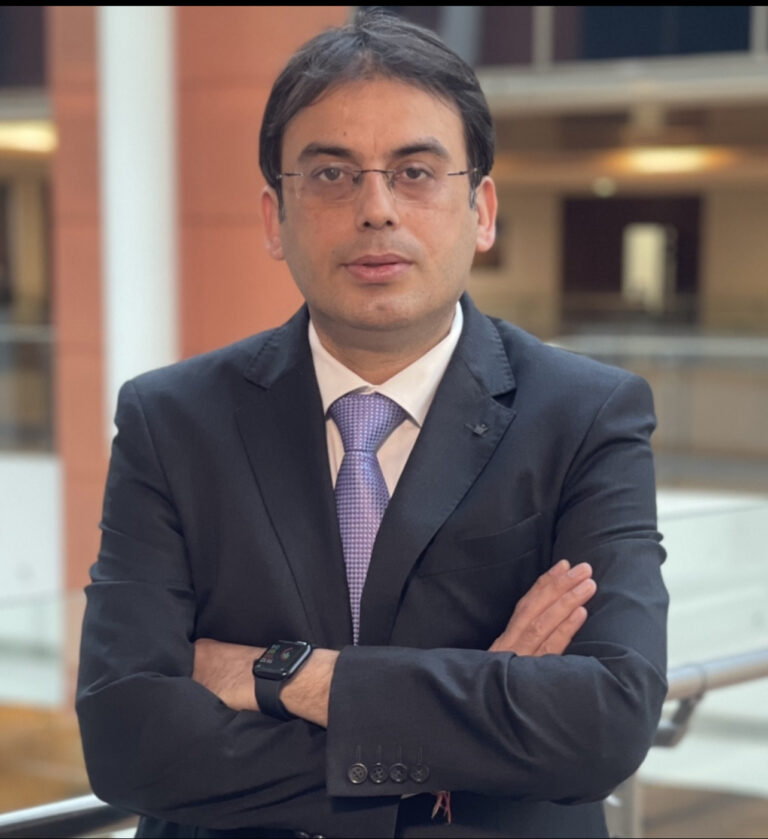
Dr. Vikas Dua
Pediatric Hemato Oncologist and Bone Marrow Transplant Specialist in India
MBBS, MD – Pediatrics, FNB – Pediatric Hematology-Oncology
Pediatric Hematologist-Oncologist
Principal Director and Head – Pediatric Hematology, Oncology, and Bone Marrow Transplant at Fortis Memorial Research Institute Gurgaon, India
Hematology, Paediatric Haematology Oncology & BMT, Senior Consultant & Head Fortis Memorial Research Institute, Gurgaon
Dr. Vikas Dua is the Best Pediatric Oncologist in India and one of the leading consultants in the field of Pediatric Hemato Oncology & Bone Marrow Transplants. He has 20+ Years of experience and has performed many successful BMTs for thalassemia and leukemia cases for children from India, Afghanistan, Iraq, and African Countries. Dr. Vikas Dua – the best Pediatric hematologist in India assists children in understanding and coping with their diagnosis. He is not only skilled in treating diseases; he knows how to interact with children and teenagers to help them through this experience. Treating the condition is important, but supporting the patient and their family is just as much of a priority for him.
Qualifications
- MBBS PGIMS, Rohtak
- MD (Paediatrics), PGIMS, Rohtak
- FNB (Paediatric Haematology Oncology), Sir Ganga Ram Hospital, New Delhi
- Fellowship in Paediatric Bone Marrow Transplants from NUH Singapore
- Outreach program in Paediatric BMT from St. Jude Children Hospital, USA
Professional Memberships
- Member of PHO
- Visiting faculty at various national and international universities
Work Experience
- Served as a Senior Resident in the Department of Paediatrics in Rohtak and Delhi
- Consultant Paediatric Haematology Oncology Action CANCER Hospital, Delhi
- Senior Consultant Paediatric Hemato Oncology and BMT, Artemis Hospital, Gurgaon
- Haematology, Paediatric Haematology Oncology & BMT, Senior Consultant & Head Fortis Memorial Research Institute, Gurgaon- Present
- Bone Marrow Transplantation, Consultant, Fortis Hospital, Noida- Present
- Paediatric Bone Marrow Transplant & Haemato Oncology, Consultant, Fortis Hospital, Shalimar Bagh- Present
Awards & Accolades
- Ravi K Jarath Best DNB Fellow of the Hospital award during the fellowship program of Pediatric Hematology-Oncology
- Best outgoing Fellow in FNB of Sir Ganga Ram Hospital, New Delhi
- Awarded for Poster presentation at International conference, SIOP, Held in Auckland, New Zealand
- Awarded for Oral presentation at International conference, SIOP, Held in Auckland, New Zealand
Area of
Specializations
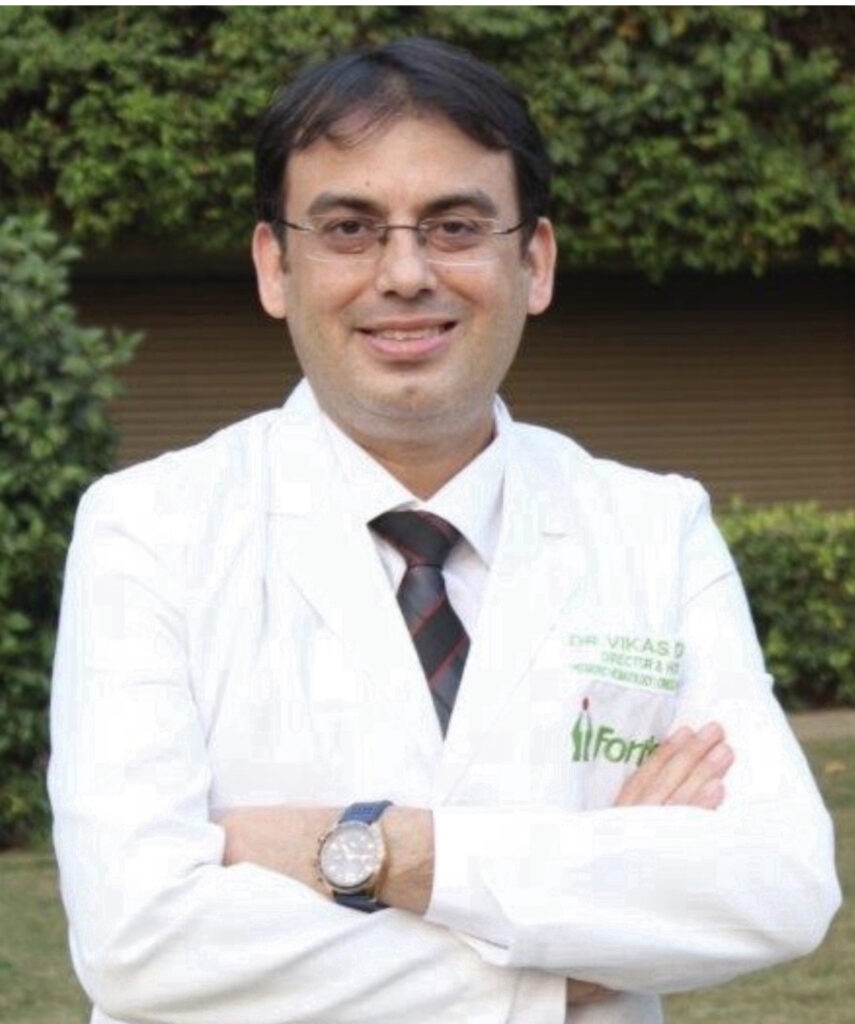
Awards & Accolades
Ravi K Jarath Best DNB Fellow of the Hospital award during the fellowship program of Pediatric Hematology-Oncology
Best outgoing Fellow in FNB of Sir Ganga Ram Hospital, New Delhi
Awarded for Poster presentation at International conference, SIOP, Held in Auckland, New Zealand
Awarded for Oral presentation at International conference, SIOP, Held in Auckland, New Zealand
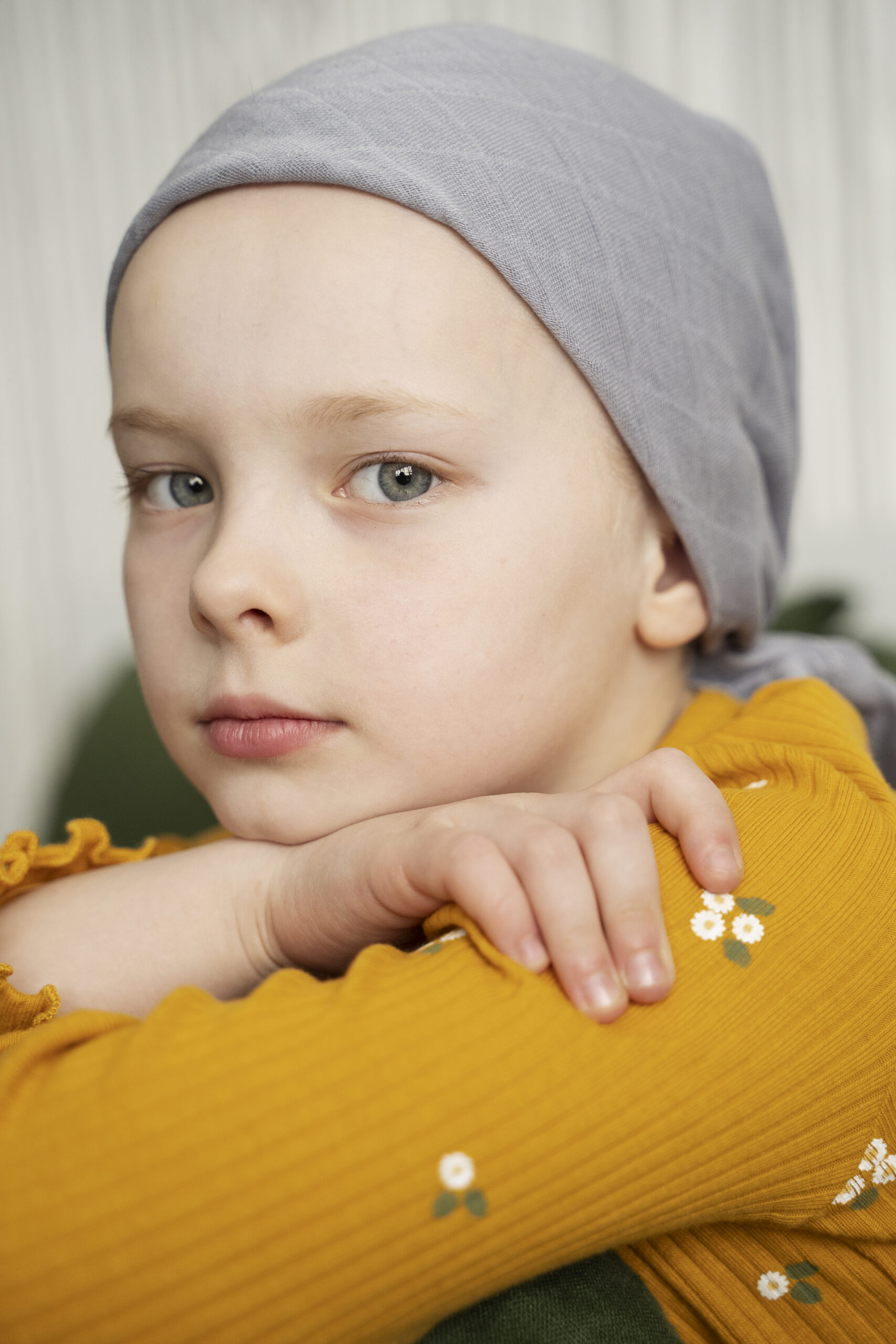
Frequently Asked Questions
2. Fatigue or persistent lethargy Pale skin or excessive bruising or bleeding Unexplained fever or frequent infections Noticeable lumps or swelling in the abdomen, neck, or other areas of the body Persistent pain, particularly in the bones or joints Changes in eye appearance or vision Persistent headaches, often accompanied by vomiting Unusual and persistent bleeding or discharge Changes in the appearance or size of moles or birthmarks Sudden, unexplained changes in behavior or personality Unexplained hair loss or significant changes in hair texture
With access to

